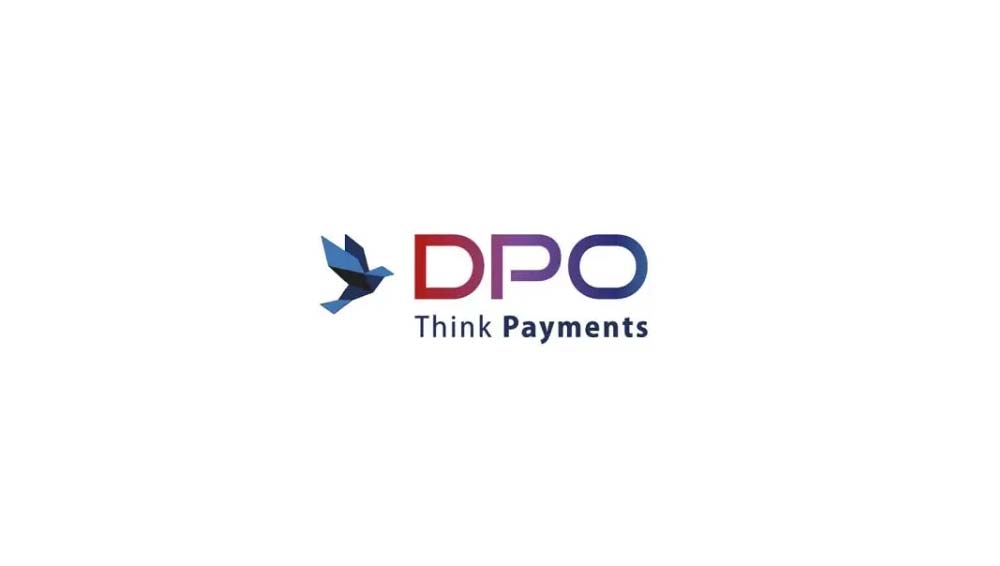The event included insight from global market intelligence and advisory service, IDC, as well as a panel of industry thought leaders
LAGOS, Nigeria, December 9, 2021/ — Attendees at Clickatell’s (www.Clickatell.com) Connect Interact and Transact (CIT) annual event last week experienced how creating a world where commerce and communications collide is where brands may do their best work for their customers. The event included insight from global market intelligence and advisory service, IDC, as well as a panel of industry thought leaders.
Titled “Turning Conversations into Commerce”, the event was hosted virtually for Clickatell’s growing list of Nigerian and other African clients and once again was moderated by Hannes van Rensburg, Clickatell’s Chief Commercial Officer.
Before he introduced the keynote speaker, van Rensburg set the scene by reminding attendees that customer service began in branches more than 100 years ago before it evolved to include call centers, our laptops, and then mobile apps.
“Consumers are spending more and more time engaging with one another on chat platforms without the frustration of long wait times, long hold times, and long download times. This convenience is what the Chat Commerce revolution is all about,” van Rensburg explained.
Jon Tullett, Senior Research Manager, Cloud/IT Services, IDC South Africa and Sub-Saharan Africa, kicked off his keynote titled “More omni, less channel – The future of customer interaction is your business”, by echoing van Rensburg’s thoughts on how rapid digital maturation has forever changed how we engage with brands.
“The traditional notion of omnichannel is changing. A channel brings customers to you. More and more it’s about doing business with your customers where they are in that moment. In the future, this will evolve into anticipating where they will be and engaging with them there,” he explained.
Tullett said the region had seen a tremendous amount of investment in digital fulfillment as companies rushed to get online during lockdowns. However, he warned that there was still some way to go in terms of the development of the behind-the-scenes customer service journey and integrated supply chain efforts required by a digitally mature market.
“Customers are growing up faster. They expect a global e-commerce experience because that’s who they are doing business with. They expect a retail experience that looks and feels like Amazon or GoDaddy. They expect to be able to reach brands through whichever channel they choose with complete privacy and compliance,” he warns.
Tullett went on to look at how today’s customers demand simplicity, but that delivering on this demand can be a complex task for organizations. He also shared five stages of customer experience, helping attendees understand the IDC MaturityScape and what customers expected at each stage.
Ending his presentation, Tullett shared some of IDC’s Worldwide Future of Customer and Consumer Predictions for 2022, which included:
● By 2023, 25% of global banks will use AI-based sentiment analysis to improve customer experience.
● In the same timeframe, 25% of companies will offer tracking transparency for customer complaints. This will be so successful that by 2025 this number will rise to 75% of global companies.
● By 2026, AI interactions and analytics will deliver deeply personalized journey engagement, eliminating up to 40% of marketing and sales human touchpoints in B2B interactions.
Pieter de Villiers, Co-Founder and CEO at Clickatell, opened the panel discussion, giving his views on how the chat revolution will evolve over the coming years:
“Every brand has had to find new ways of reaching their customers, especially in the last two years during the global Covid pandemic. Looking ahead, every digital interaction between a brand and its customer provides a learning opportunity to make the experience exponentially better. Along with the advancements in AI, we will see Chat Commerce evolve into personalized commerce, and we believe our chat offering will be the bridge to help companies reach that next level of engagement,” he explained.
Daniela Birnbaum, Channel Partner Manager at WhatsApp EMEA, shared how WhatsApp was ideally suited to support businesses in the customer journey.
“WhatsApp is a platform used by businesses to drive sales and for customer care. It is used through the entire customer journey including pre-sales and even in some loyalty programs,” she said, adding that its reliability and end-to-end encryption made it more secure than traditional channels when it came to financial transactions.
Well-known West African business personality, Austin Okere, Founder of CWG PLC and Ausso Leadership Academy, also shared some insights.
“Rapid technological adoption has meant we are now seeing things we thought impossible. I recently opened a bank account in Ghana by simply providing my Ghanaian ID card. All the other necessary information resides in a shared database, doing away with the piles of documents we would normally have to provide. Banks have stayed the same, but banking has changed, and the opportunity offered by WhatsApp in this regard is unimaginable,” he shared.
Adding his own prediction, de Villiers summed up the conversation saying: “We see a move away from chat self-serve to full Chat Commerce in 2022. The only question that remains is to see if brands can trust the channel and scale and are able to leverage what it can bring to their customers.”
Clickatell’s West Africa Director, Samson Isa and host of the event closed proceedings saying he was looking forward to seeing brands connect, interact, and transact with their customers, through chat, with the same ease as they do with their friends and family.
To download a recording of the CIT 2021 virtual event, click here (https://bit.ly/3pEEQcG). For more information on how Chat Commerce can help your business connect with your customers visit www.Clickatell.com.
Distributed by APO Group on behalf of Clickatell.





